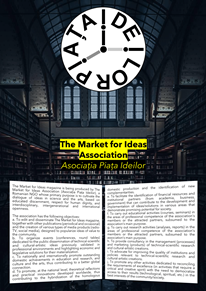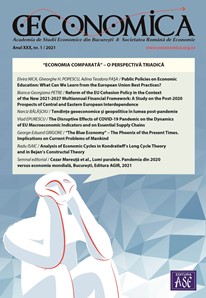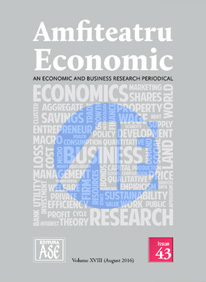Three “Mister K” and Our Recovery from Eastern European “Kafkian” Absurdum
In Kafka’s novel, Das Schloß [The Castle], there is a gentleman bearing the name “K” who unsuccessfully tries to obtain a hearing with the enigmatic ruler of a bureaucratic citadel dominating, physically and psychically, an alienated village community, to secure a living in that surreal neighbourhood. In Der Prozess [The Trial], a certain Joseph K. gets arrested and accused by an obscure authority for a crime never unveiled, either to him or anyone else (including the millions of readers of the novel). In Amerika [America], the main character, Karl Rossmann, lives a David-Coppefield-ian life within an illusive and deluding “new world”. All three novels are part of the “absurdist literature”, are unfinished and are posthumous. Even though Kafka didn’t experience communism, his novels can be seen as a crude premonition of that epoch. In the present essay we shall speak, however, about three different characters whose names start with the Kafkian effigy “K” and whose professional careers were devoted to the extraction of Eastern Europe from the absurdum of communism: the Polish philosopher and historian of ideas Leszek Kołakowski (1927-2009), the Hungarian economist János Kornai (1928-2021) and the ex-President of the Czech Republic Václav Klaus (b. 1941). More












